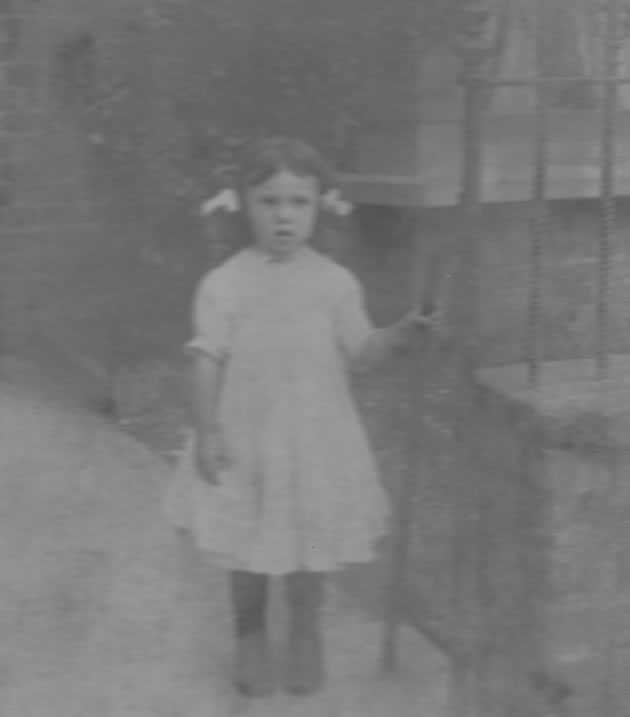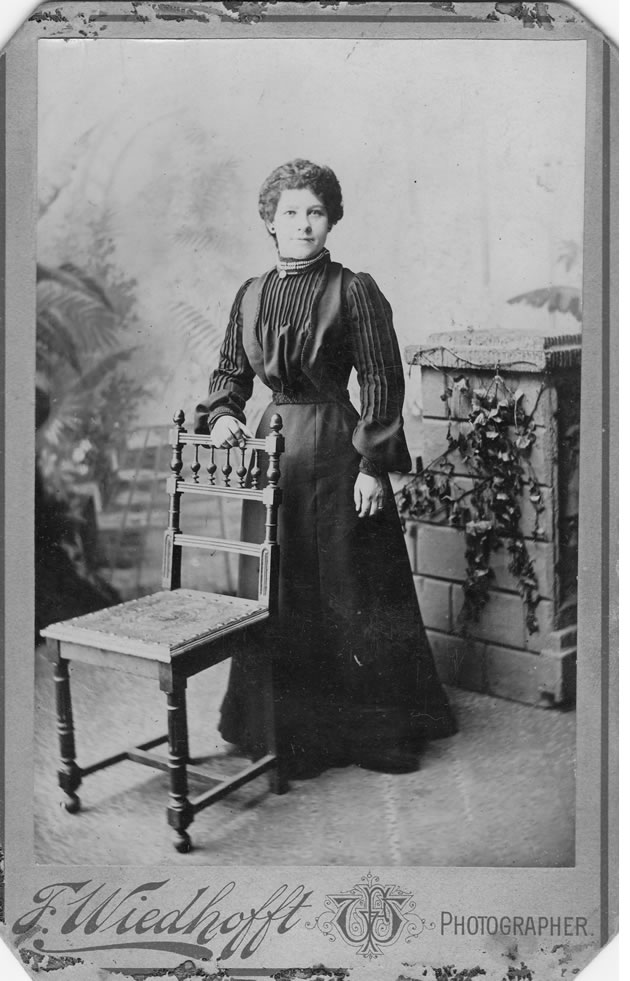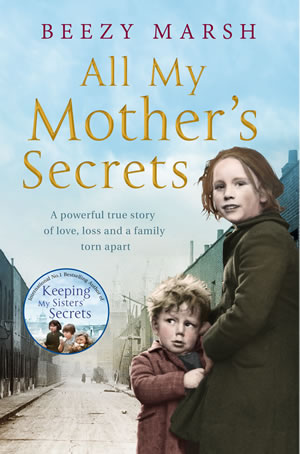Soapsud Island's Dirty Secrets Revealed
New book uncovers the harsh conditions in local laundries of the last century
A new book by best-selling author Beezy Marsh has cast light on the reality of life in Soapsud Island in the early part of the 20th century.
There are believed to have been over 600 laundries operating in Chiswick and South Acton areas at the time with the main concentration along Acton Lane. The soft quality of the water made it a good area for basing laundries to cater for the demand from homes in places such as Chiswick and Notting Hill.
Beezy was made aware that her family had secrets when, as a child, conversations were abruptly halted when she entered a room but it was not until she started researching her family’s history at the National Archives in Kew that she started to learn the truth.
She said, “I always had it in the back of my mind, that there was a story to be told about my own family’s secrets and writing books has allowed me to do that, by recreating a bygone age. And as I tried to piece together the tantalising clues left by previous generations, I stumbled on a family scandal which my great-grandmother had tried to hide, all those years ago.”
Her earliest years were spent in the care of her maternal grandmother, Annie, who lived with her half-sister, Great Aunt Elsie. They told her about the old days back in London, showing pictures of her great gran Emma Chick and even her great-great gran, who worked as laundresses in Soapsud Island, at the turn of the last century and the years between two world wars.

Annie Austin
Researching her latest book, All My Mother’s Secrets, she was horrified to learn about the squalor the laundresses worked in. Diseases such as TB and scarlet fever were a rife, hours were long for little pay and the conditions were dangerous, with floors awash with filthy water and scalds from searing hot irons just a part of everyday life. And the worst thing was, some of the laundry maids were just children - as young as 12; and that had included her Nan.
Washerwomen would scrub until their hands were red raw for as little as a shilling a day and a pint of beer, under the beady eye of the laundry boss, the ‘Missus’. She would dock their meagre pay if she found fault or sack them on the spot if she thought their work was not up to scratch.
But whenever her Nan and Great Aunt talked about those days, they remembered the stories and the silly sayings, such as “don’t get your corsets caught in the mangle”, which made it sound like a fun place to be.

Emma Chick
As she grew up, certain things were ‘Just Not Talked About’ – such as what happened to her Nan’s father, Henry Austin, who she had been told, had “gone away to the First World War and never came back.”
She also learned that there had been a Great Uncle George, her gran’s brother, born in 1915, who died young, of tuberculosis. Great Aunty Elsie’s dad was a laundry hand, whom Emma Chick had married as the First World War was drawing to a close but no-one spoke much about him either, other than to say he was a bit of a bad tempered bloke at times.
Her Nan died when she was 12 and that sparked her mother’s interest in family history. This was in the 1980s, before the internet, and through her, she learned how to research births, marriages and deaths, on microfilm and from dusty old registers held in libraries and at the National Archives in Kew.
But try as they might, Henry Austin, who they knew had worked as a cabbie, driving a horse-drawn hansom cab around London’s bustling streets before the war, simply seemed to have disappeared into thin air.
Bezzy said, “It was after my mother’s untimely death from cancer that my Great Aunt Elsie let slip something which made me even more determined to put the pieces of the puzzle together. She believed that Great Uncle George’s father might not have been the mysterious Henry Austin but someone else, within the Austin family, who had lived with my great gran for a time, after he was widowed.
“It inspired me to look again, with fresh eyes, and this time, I found Henry Austin had died, not in the Great War, but in 1906, when my gran was still a baby. So, Emma Chick had lied all along, but the question was: Why?
“I won’t spoil the plot by revealing all the secrets just now, but I was able to find out who George’s father was and what had happened to him, after he went away to fight in the Great War. And in a sense, sadly, he never came back because he was such a changed man, so the story my Nan was told was partly true.
“It’s easy to judge someone for lying to cover up a scandal but I believe Emma Chick did what she had to do to try to hold her family together, to avoid public shame, during the upheaval of the Great War. I am proud of her, and all the other laundresses, who toiled for such little reward, with the wellbeing of their children uppermost in their minds.”
As for Soapsud Island, it went into decline after the Second World War as larger scale laundries started to take away business from the area using machines rather than washing by hand. Most of the laundries in the area had been small enterprises based at the back of people’s homes some of which had been specially built for the purpose with a carriage entrance to allow the laundry vans to reach the rear yard. The area went into decline in the fifties and sixties and some of the housing that had previously been used for laundry were cleared to build the South Acton estate.
All My Mother’s Secrets by Beezy Marsh is published by PanMacmillan priced £7.99.
August 15, 2018
